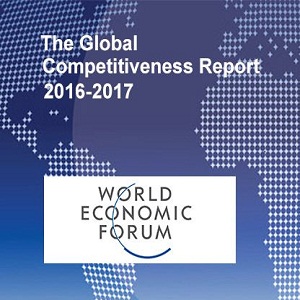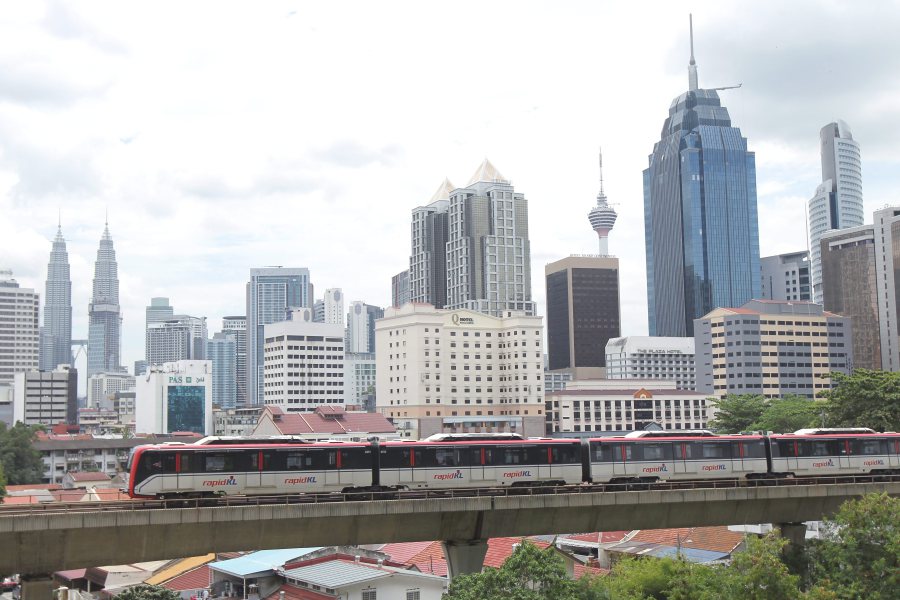
Malaysia’s world competitiveness ranking improves to 23rd
– September 27, 2017 @ 6:05am
KUALA LUMPUR: Malaysia has edged up two places to 23rd out of more than 130 countries in the World Economic Forum’s latest Global Competitiveness Report on the back of improved scores of macro and micro economic aspects.
International Trade and Industry Minister Datuk Seri Mustapa Mohamed welcomed the improvement, saying it affirms the strength of the macroeconomic fundamentals.
“The economic policies are on the right track. Plus our exports are doing well and we continue to receive healthy flows of foreign direct investments”, he said, in his remarks.
According to the report, Malaysia performed most strongly in financial market development (16th) and made the most improvement in health and primary education pillar, advancing 14 positions to 30th.
In the Infrastructure pillar, Malaysia advanced by two places to 22nd and one place to 34th for macroeconomic environment gained one position to 34th.
In terms of scores, Malaysia moved up a notch to 5.17 from 5.16 last year.
It was ranked among the top 50 in each of the total 12 pillars of the index – institutions, infrastructure, macroeconomic environment, health and primary education, higher education and training, goods market efficiency, labour market efficiency, financial market development, technological readiness, market size, business sophistication and innovation.
In the latest report for 2017/2018, Switzerland topped the class ahead of the United States and Singapore, followed by Netherlands and Germany.

Malaysia maintained its position as the most competitive among emerging economies in East Asia and Pacific region as well as among 20 economies in the transition stage from efficiency-driven to innovation-driven.
It was also ranked in the top 10 positions in 10 indicators namely inflation (1st), strength of investor protection (3rd), government procurement of advanced technology products (4th), burden of government regulation (5th) and pay and productivity (5th).
Mustapa warned with the rapidly changing landscape, efforts must be ramped up in more public-private collaboration and being on the forefront of future trends including the Industry 4.0.
Apart from coordinated action between the government, private sector and civil society needed there must be continuous benchmarking and monitoring are needed to ensure that public-private collaboration will result in more forward-looking policies.
The Malaysia Productivity Corporation and the Civil Service Delivery Unit will continue to work together with relevant parties in making sure that theachievements are accurately reflected in both the soft and hard data.

